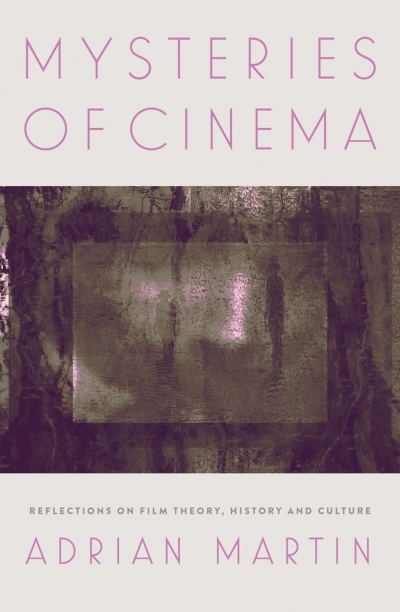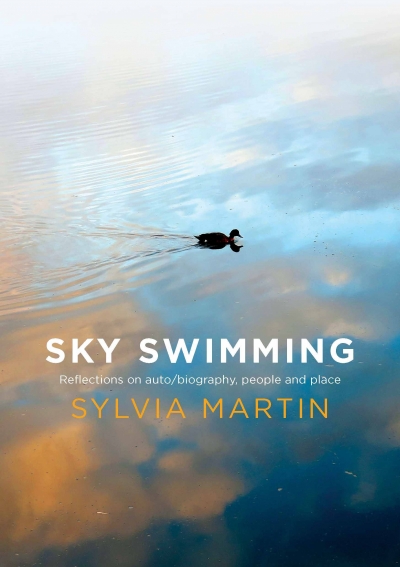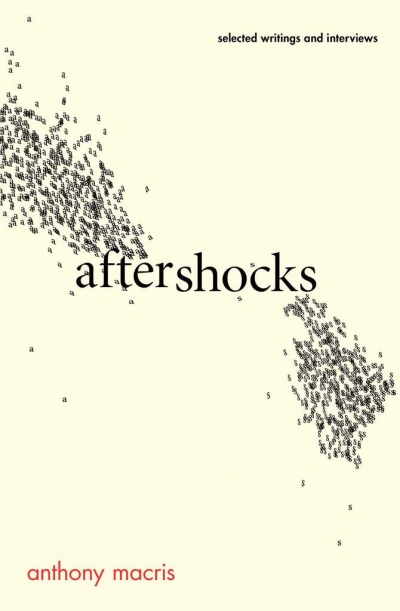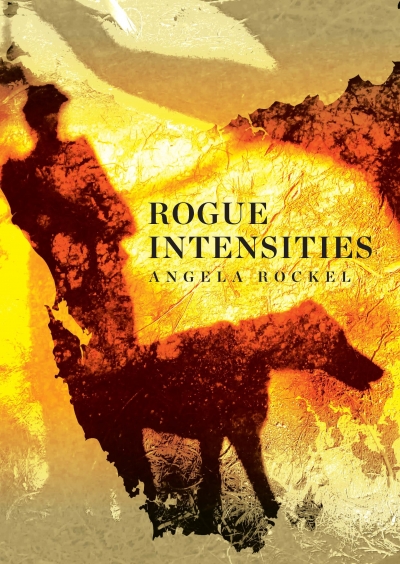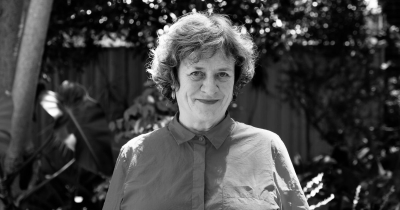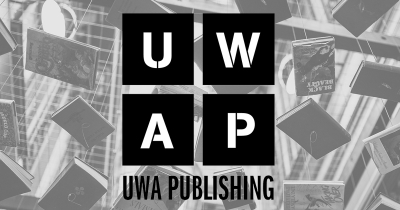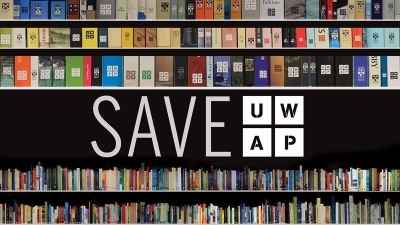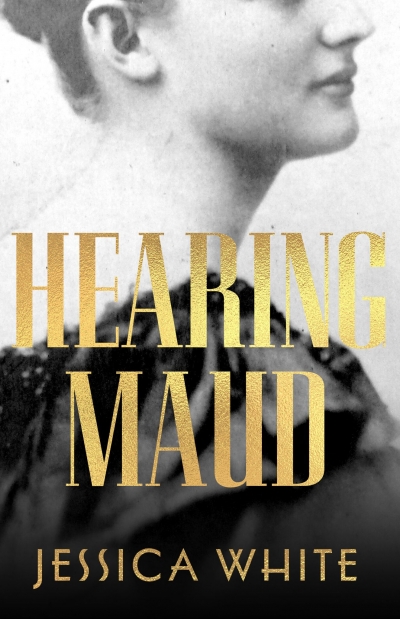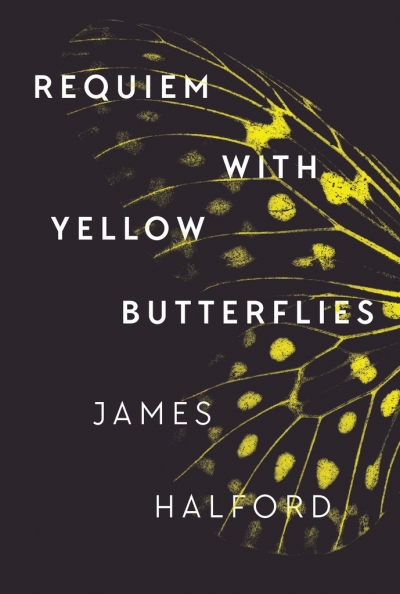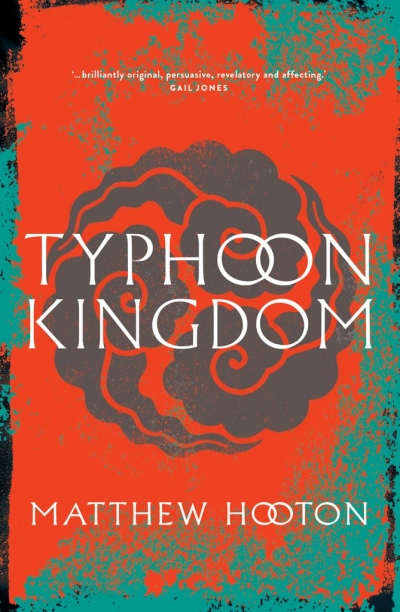UWA Publishing
Mysteries of Cinema: Reflections on film theory, history and culture by Adrian Martin
Sky Swimming: Reflection on auto/biography, people and place by Sylvia Martin
Aftershocks: Selected writings and interviews by Anthony Macris
Dear Chancellor French, I write this open letter to you to make certain points about the environment of university press publishing, in support of UWA Press and its Director, Professor Terri-ann White, and her team.
... (read more)Word gets around quickly. Within a week of the University of Western Australia announcing the closure of UWA Publishing after eighty-five years, and the peremptory sacking of its staff, a petition had gathered almost 10,000 signatures. This is nothing new. Proposals to close UWAP in 1973, 1990, and 1996 were soundly defeated, after being robustly debated at UWA’s Academic Board, Convocation (alumni), and Senate. This rescued UWA from vociferous criticism voiced nationally and internationally.
... (read more)Sometimes Western Australia feels a long way from anywhere. Of course, that can be an attraction. It makes for something distinct and telling: everyone either revels in it or rebels against it, and both are productive in their own way. But now we must resist. The University of Western Australia’s recent decision to close UWA Publishing (at least in its present form) has made the gap between here and the rest of the country yawn. Western Australians need support from other literary communities across Australia if UWAP is to be reinstated.
... (read more)
